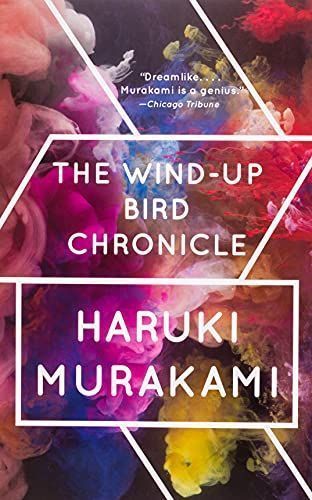Reviews
Shidehdeishidi@shideh
yuyu@mortaja
Liv Wukasch@liv-wukasch
Sajiya Chaudhary@sajiya_khalik
Riley@joanofarmoredcore
Phil James@philjames
Sarah Sammis@pussreboots
mju@lafilledemiel
D D D @sunnyd123
Farah Aisha Shabrina@farahaisha
Jun Angelo Cabuguas@junjello321
sarah@leechlife
Brandy@purging
Haritlak Thawikasikam@haritread
Laura Mauler@blueskygreenstrees
Aamna@aamnakhan
M. Marques@shvvffle
mira lee@miralee
Philip Rosenbaum@icanread
Eitan Hershkovitz@ehershkovitz
Kylie Frazer@fiercek
altlovesbooks@altlovesbooks
sha@regressor
Prashanth Srivatsa@prashanthsrivatsa
Highlights
SF. Sutcliffe @sfs
Jiji@notparanoid
wen@wennie
Page 526
wen@wennie
Page 491
wen@wennie
Page 490
wen@wennie
Page 209
Srijita Sarkar @srijita
Srijita Sarkar @srijita
Srijita Sarkar @srijita
Srijita Sarkar @srijita
Srijita Sarkar @srijita
Srijita Sarkar @srijita
Srijita Sarkar @srijita
Srijita Sarkar @srijita
Srijita Sarkar @srijita
Srijita Sarkar @srijita
Srijita Sarkar @srijita
Srijita Sarkar @srijita
Srijita Sarkar @srijita
Srijita Sarkar @srijita
Srijita Sarkar @srijita
taylor miles hopkins@bibette
Page 65
taylor miles hopkins@bibette
Page 47
tessa heron@tessa3
